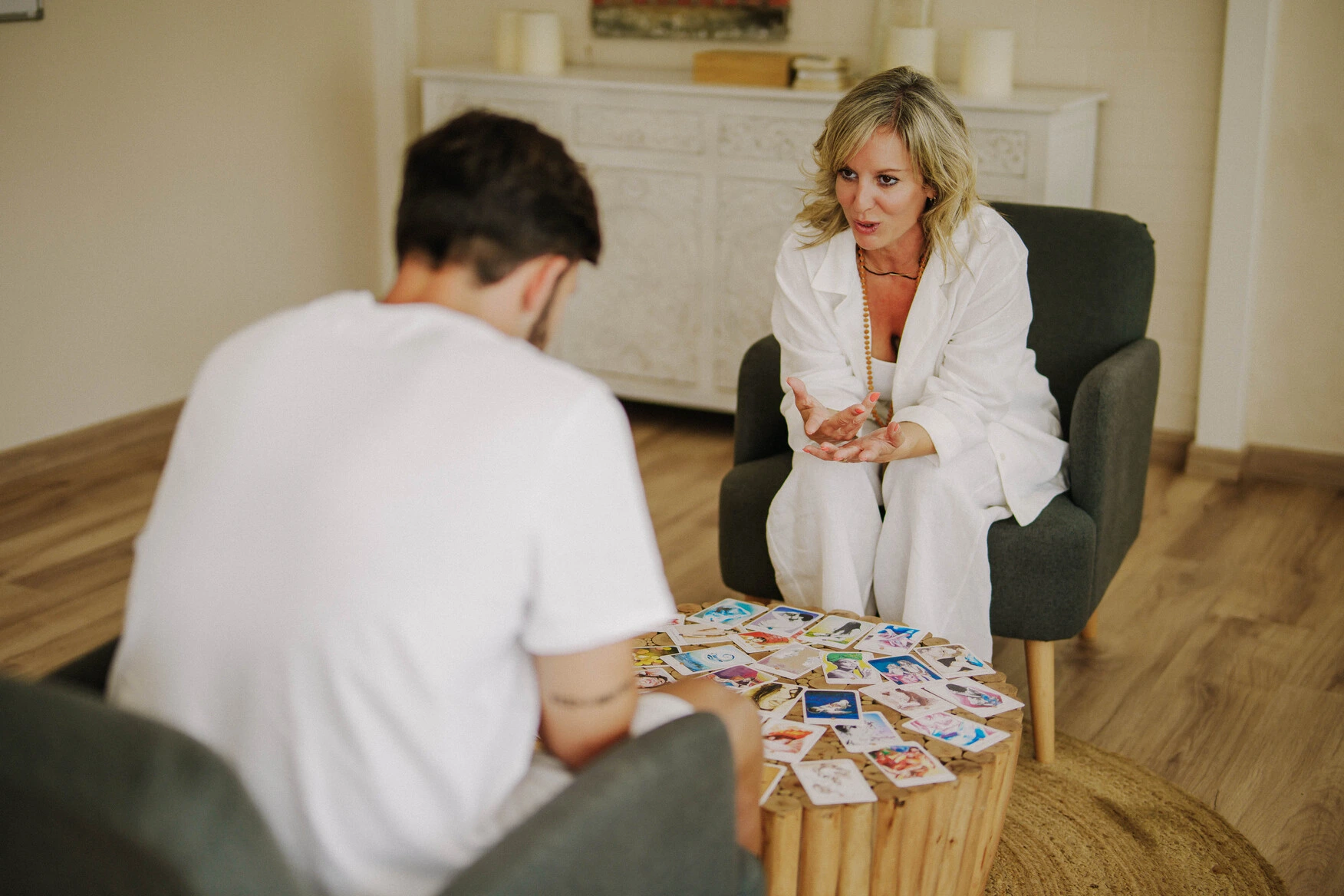
This is one of the most universal, silent questions we ask ourselves. It emerges in moments of doubt, in the privacy of our insecurities, in the comparison game fueled by social media, or in the quiet hours of loneliness when we wonder if everyone else has it all figured out.
But here is the paradox: what we often call normal in today’s culture may, in fact, be profoundly unhealthy.
In his book The Myth of Normal (2022), physician and trauma expert Gabor Maté argues that much of what society defines as normal (chronic stress, workaholism, emotional suppression, superficial connections, toxic positivity) is simply a reflection of a culture that has normalized dysfunction. Instead of being markers of health or belonging, these so-called “normal” patterns are symptoms of collective disconnection.
Do I actually want to be normal in a culture like this?
We live in a world where “normal” is often synonymous with endurance, enduring exhaustion, enduring anxiety, enduring a constant race to prove our worth. It is considered normal to sleep less than we need, to hide our pain, to push through burnout, to numb ourselves with distractions, to smile and say “I’m fine” when we are anything but.
It is normal to scroll endlessly through curated lives online and silently compare our reality to someone else’s highlight reel. It is normal to feel disconnected from our own bodies, to treat rest as laziness, to pursue external success at the cost of inner peace. And yet, when someone admits they feel overwhelmed, anxious, or unfulfilled, the fear is: What’s wrong with me? Why am I not normal?
The cruel irony is that much of what we label as abnormal: sensitivity, vulnerability, seeking help, slowing down; is actually closer to health than what we glorify as normal.
The Dangerous Comfort of the Crowd
The myth of normal is powerful because it offers belonging. If everyone else is hustling, overworking, numbing their emotions, and calling it life, then doing the same feels safe. To deviate from the crowd feels risky, even rebellious. But think about it: is conformity really worth sacrificing authenticity? Is fitting in worth abandoning ourselves?
Maté warns that the price of chasing normality is often disconnection: from our bodies, from our emotions, from each other. The culture tells us that stress is inevitable, but chronic stress kills. It tells us that self-sacrifice is noble, but burnout devastates families. It tells us that vulnerability is weakness, but vulnerability is where real intimacy lives.
From “Am I Normal?” to “Am I Authentic?”
The invitation here is not to reject all social norms. Community and structure matter. But to blindly accept what is sold as normal is to silence our deepest needs. Instead of asking Am I normal?, try asking:
- Am I living in a way that feels aligned with who I am?
- Am I honoring my body’s signals, or ignoring them to keep up appearances?
- Am I connected to others in a way that nourishes me, or am I just performing?
- Am I pursuing success that empties me, or fulfillment that sustains me?
When we stop obsessing about being normal and start focusing on being authentic, something radical happens: we reclaim our power.

Normal Is Overrated
History shows us that many of the greatest changes, whether in science, art, or social progress, came from those who dared to defy what was considered normal. Normality is often just a temporary consensus, a cultural costume. Authenticity, however, is timeless. So the next time you catch yourself whispering Am I normal?, remember:
- Normality is not health.
- Normality is not happiness.
- Normality is not truth.
Health is connection.
Happiness is alignment.
Truth is authenticity.
How to Break Free from the Myth
- Listen to your body. Fatigue, anxiety, and restlessness are not personal failures. They are signals.
- Name your emotions. What you feel is valid, even if it doesn’t fit into cultural expectations.
- Challenge comparison. Social media is a theater, not a mirror. Don’t measure yourself against illusions.
- Redefine success. Measure life not by external approval, but by internal peace.
- Choose courage over conformity. Being authentic may feel uncomfortable, but it is the only path to true belonging.

Conclusion
Let’s be clear: asking Am I normal? is not the problem. The problem is believing that normal is the goal. The culture we live in is sick, and yet it tells us that adapting to its sickness is sanity.
But what if the most radical, healing, life-affirming choice we can make is to stop chasing normal altogether? What if true wellness lies not in being normal, but in being unapologetically, courageously ourselves?
That is the invitation. To break the myth. To reclaim authenticity. To stop asking “Am I normal?” and start asking: Am I alive, connected, and free? Because at the end of the day, “normal” is just a story we’ve been told. And you get to write your own.
📞 If you or a loved one is struggling with addiction, mental health and/or eating disorders, reach out today. Contact us today for an obligation-free confidential consultation. We’re here 24/7h available to help you recover and rebuild.
Written by Damaris Tenza – Lead Therapist






